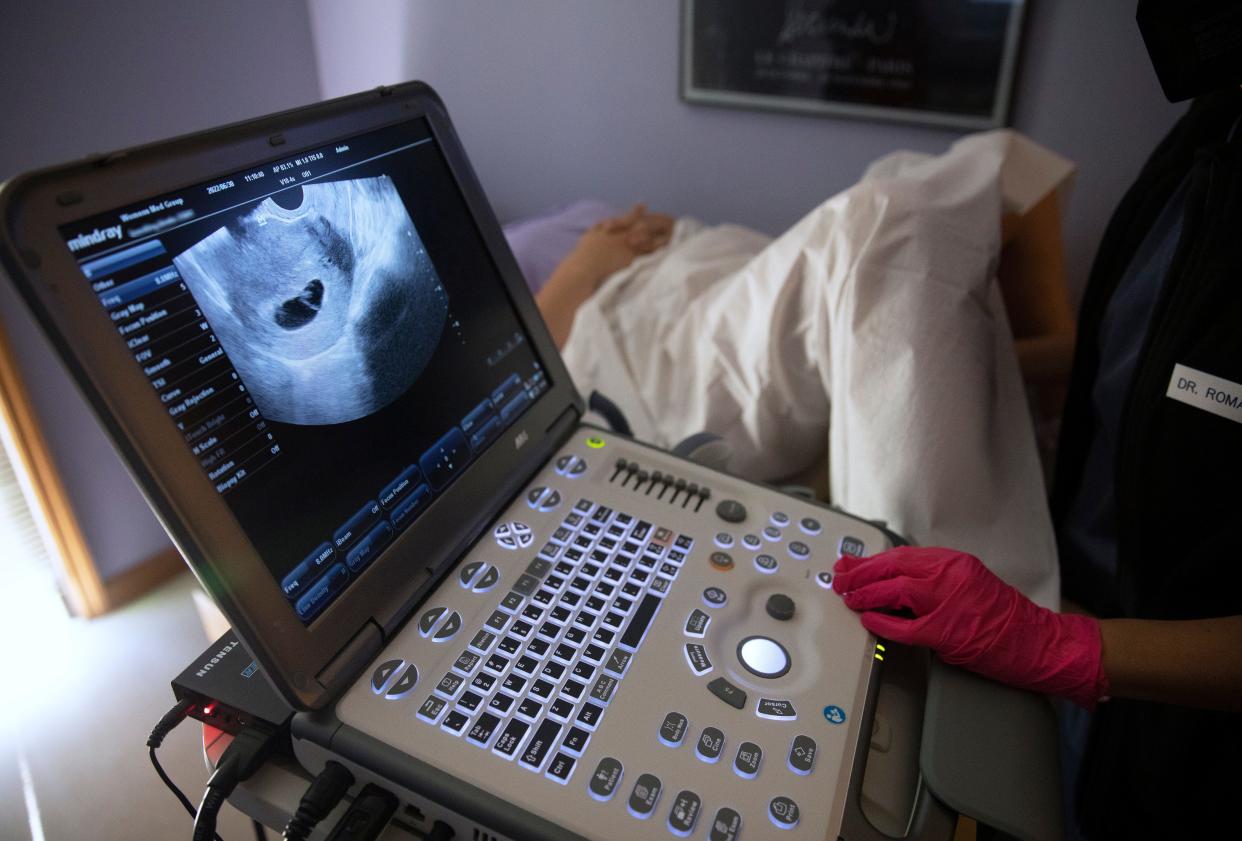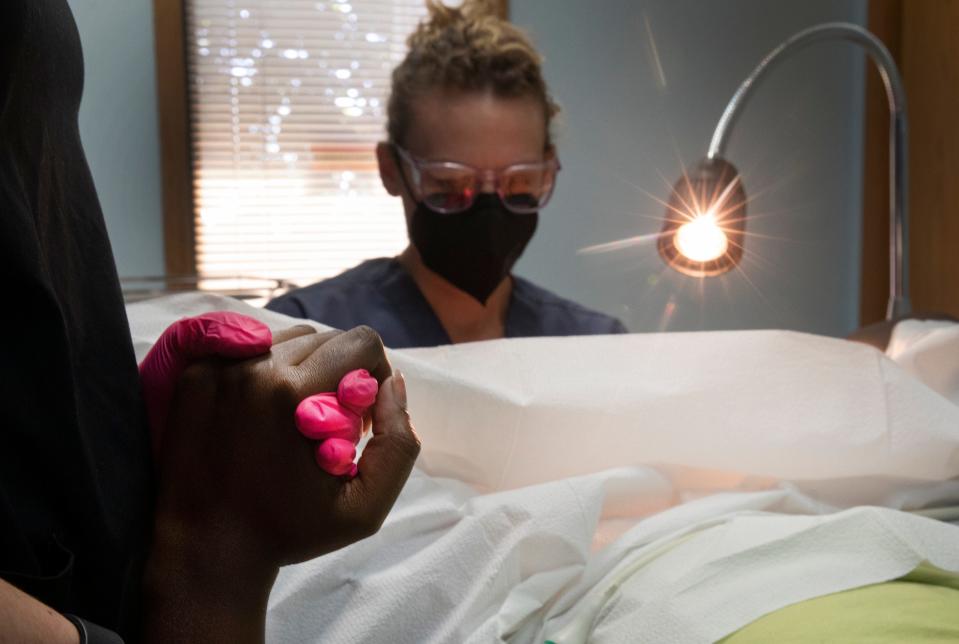Opinion: Limits on abortion education could push students elsewhere

Federal protection of abortion was revoked within hours of the Dobbs decision overturning Roe v. Wade. In my home state of Ohio, this meant the state’s "heartbeat" law took effect, making abortions after six weeks gestation illegal. Since then, court injunctions have prevented this bill from taking effect, keeping abortions up to 22 weeks of pregnancy legal for the time being. However, the state of education concerning reproductive health care remains unclear.
Will prominent medical schools, such as the Ohio State University College of Medicine or Case Western Reserve University School of Medicine, prevent medical students from accessing abortion education? Or will they ensure the future of reproductive care in Ohio by teaching future physicians about abortions?
In medical school, students come across abortion education in several ways. Opportunities to learn about this medical procedure range from clinical research projects to shadowing experiences, from lecture-based learning to required obstetrics and gynecology rotations. In states that have retained abortion protections in the aftermath of Dobbs v. Jackson Women's Health Organization, medical students have access to these experiences that can clarify whether a specialty in obstetrics and gynecology is for them, as well as inform their medical practice regardless of whichever specialty they eventually select.
Impediments to abortion education will preclude not only future OB-GYN physicians from learning about abortion, but also those who will enter other specialties and will undoubtedly care for patients who have had this procedure. Without this broad medical education, the intersections of abortions with psychiatry, emergency medicine, etc., will go unlearned, potentially causing harm to future Ohioan patients.

If restrictions do take place, this will also have effects on states that do offer essential abortion education. For example, away rotations are opportunities for fourth-year medical students to experience medical practice at another institution. This quasi-internship at another medical school can inform residency applications, offer a new perspective on administering health care, and work with a new patient population. If abortion education is restricted in Ohio, OB-GYN away rotations in states that offer abortion will be more competitive.
In addition, those who wish to learn how to administer abortion care will be more likely to apply for residency training in obstetrics and gynecology in states that provide this training. This will also put a strain on the medical training programs in states that have protected abortion rights. If this is the case, there will need to be mechanisms in place at Ohio medical schools to assist students with gaining access to increasingly competitive away rotations and residency programs. However, increased training away will likely reduce the number of physicians in Ohio that have the requisite knowledge to administer abortion care. Ohio will struggle to retain the best physicians and OB-GYNs under these conditions.
Withholding education on abortion will only prevent safe and effective care in the future. Ignorance of this medical procedure and restriction of research on the subject will cause a slippery slope to worsening health outcomes in people with uteruses. Until we know how medical schools in Ohio will continue to provide necessary abortion care, I will continue to worry about my friends studying medicine in my home state, about my sisters and about all the people with uteruses who will be impacted by the lack of knowledge of their future providers.
Denisse Morales-Rodriguez is a first-year medical student who was born and raised in Cincinnati.
This article originally appeared on Cincinnati Enquirer: Opinion: Limits on abortion education could push students elsewhere

